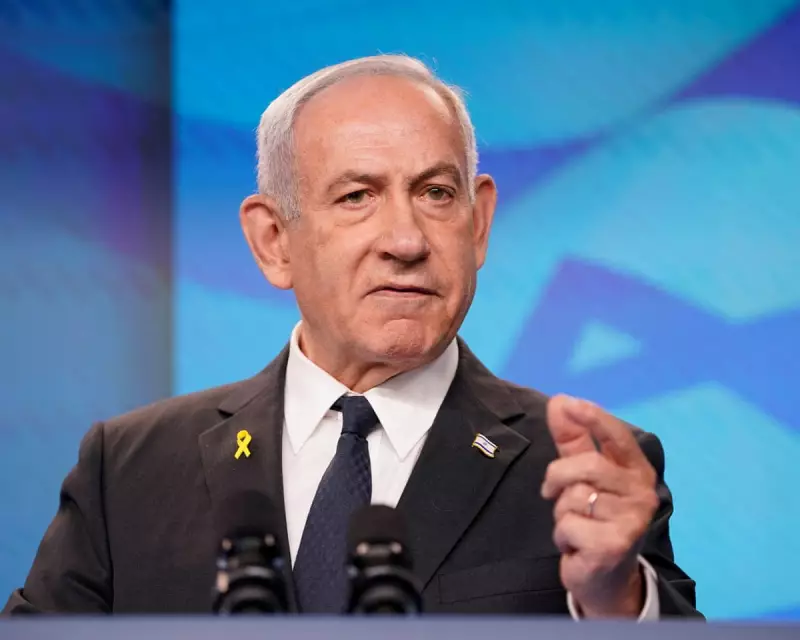
A major diplomatic offensive has triggered a furious reaction from Jerusalem, as a growing list of nations formally recognise Palestinian statehood. Israeli politicians have slammed the moves, spearheaded by Ireland, Spain, and Norway, as a damaging 'reward for terrorism' that undermines any prospect of direct negotiations.
A Diplomatic Domino Effect
The decision by the three European nations appears to have catalysed a broader movement. Colombia, with its new leftist government, and the Caribbean nation of Barbados have swiftly followed suit. Diplomatic sources suggest other countries, including Jamaica and Trinidad and Tobago, are now actively considering similar recognition, signalling a potential significant recalibration of international approach to the Israel-Palestine conflict.
Israeli Backlash and Accusations
The Israeli response has been swift and severe. Foreign Minister Israel Katz led the condemnation, accusing the recognising states of effectively rewarding Hamas for the October 7th attacks. In a dramatic gesture, he ordered the immediate return of Israel's ambassadors to Dublin, Oslo, and Madrid for consultations, a clear sign of the diplomatic rupture.
Prime Minister Benjamin Netanyahu's office issued a staunch rebuttal, asserting that 'true peace can only be achieved through direct negotiations without preconditions'. The government argues that such unilateral recognitions only harden Palestinian positions and punish Israel.
The Recognising Nations' Stance
Leaders of the recognising countries have defended their actions as a necessary step to preserve the viability of a two-state solution. They argue that with Israeli settlement expansion continuing in the West Bank, the prospect of a contiguous Palestinian state is fading rapidly.
- Ireland: Stated recognition is about 'keeping hope alive' for a peaceful future.
- Spain: Positioned the move as a commitment to peace and international law.
- Norway: A historic player in Middle East diplomacy, emphasised the need for a political horizon.
This collective action represents one of the most significant challenges to Israeli diplomacy in recent years, potentially isolating the country further on the world stage and altering the dynamics of any future peace talks.






